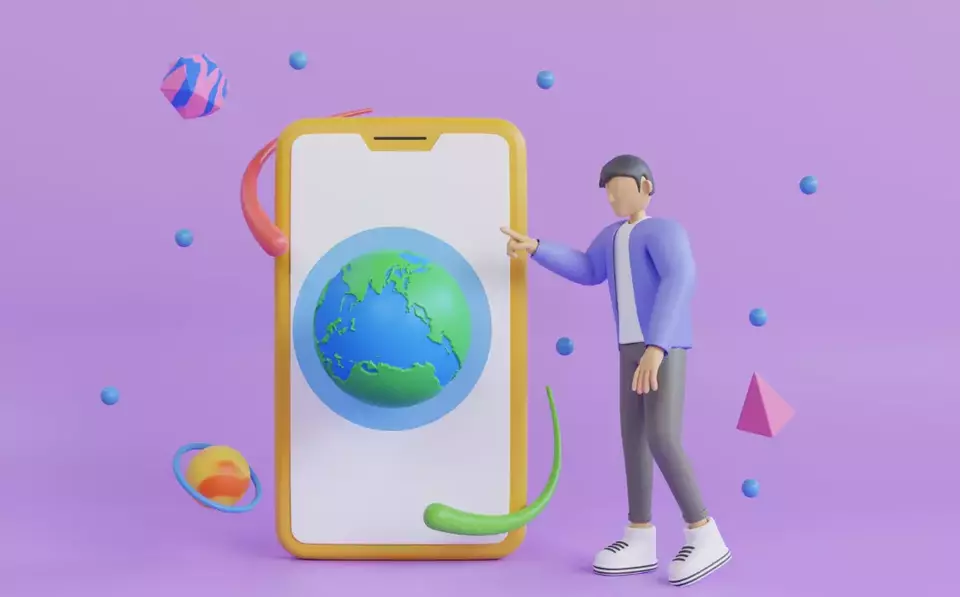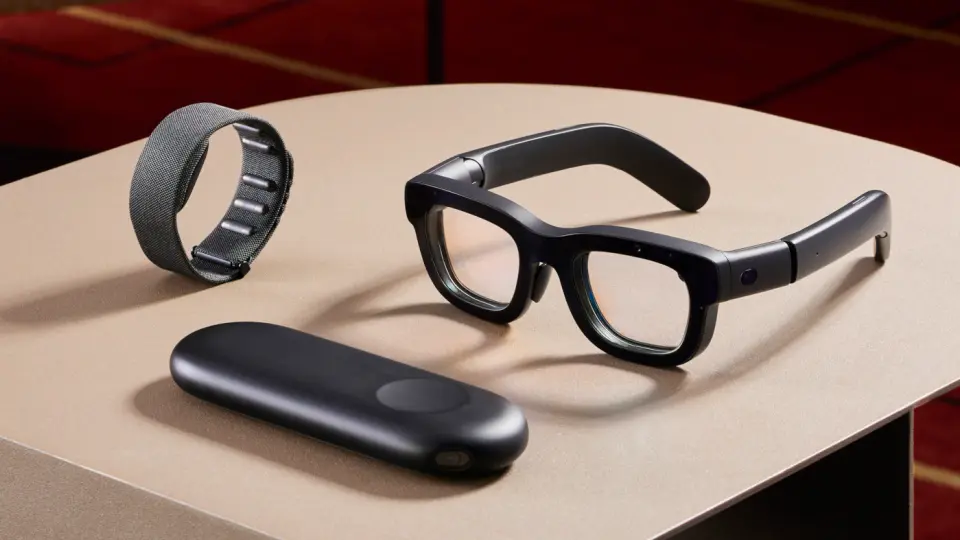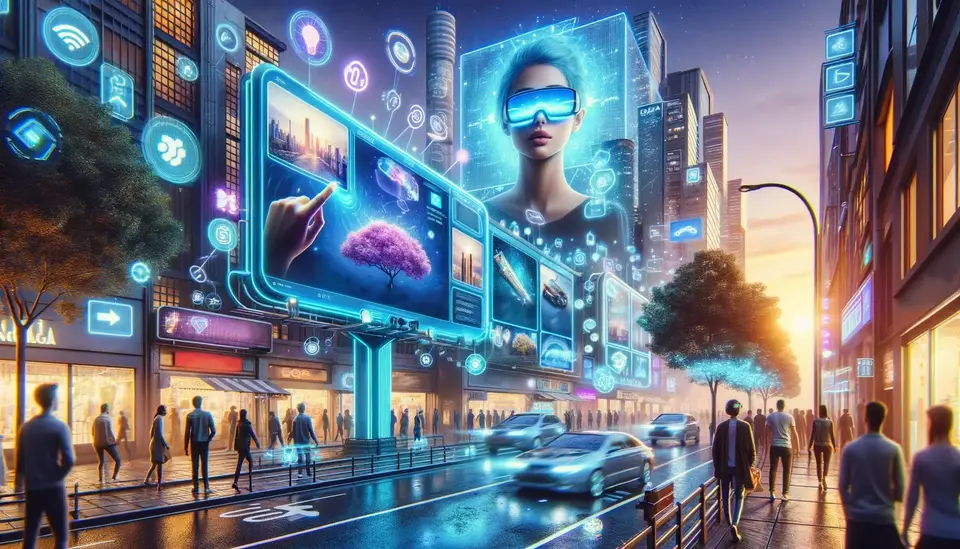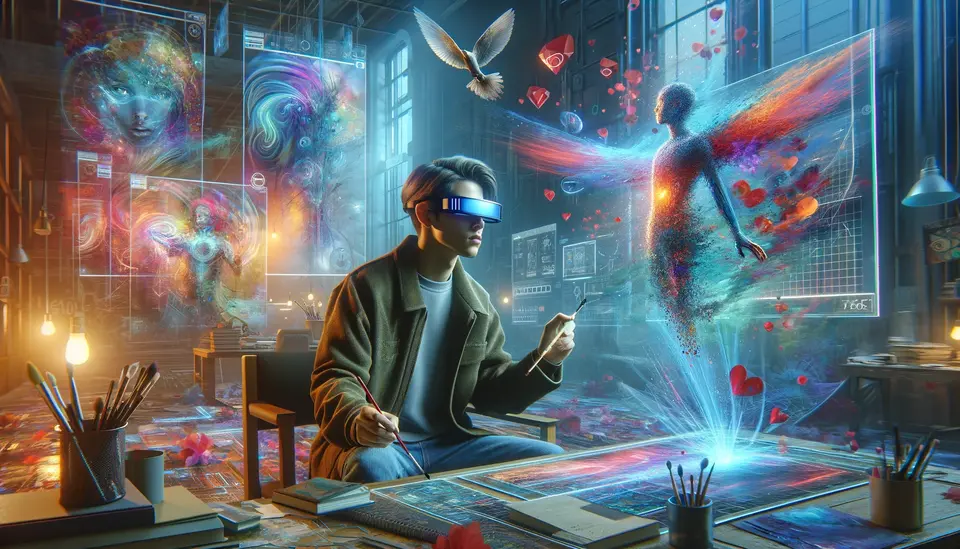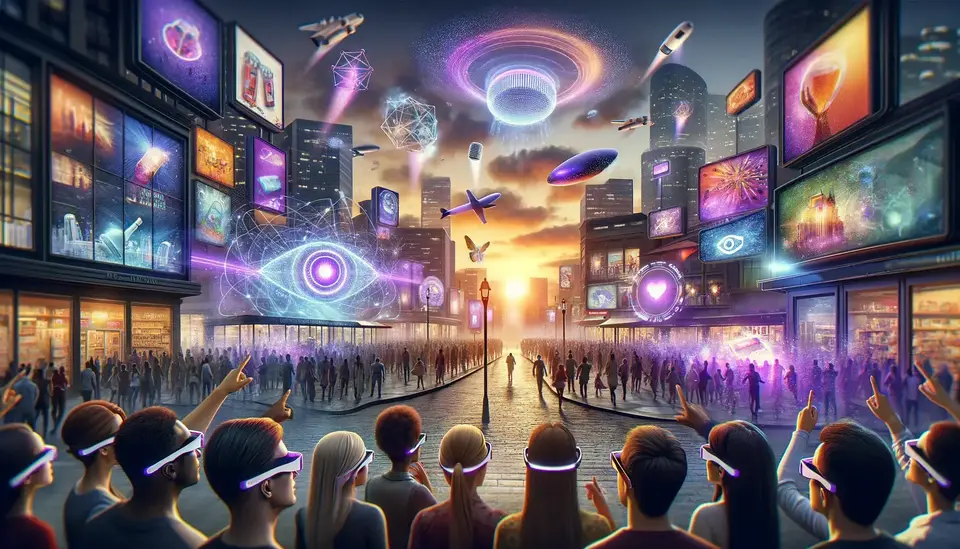Predicting the Impact of Augmented Reality (AR) on Future Travel Trends
Posted on August 9, 2023 4 minutes 710 words
Table of contents
As technology advances and integrates with our everyday lives, it’s reshaping the way we see, interact with, and understand the world around us. Augmented Reality (AR), a technology that overlays digital information on real-world elements, stands at the forefront of this technological revolution. The world of travel is one arena that’s poised to be fundamentally transformed by AR. In this blog post, we’ll explore predictions on how AR might redefine our travel experiences in the future.
Hyper-Personalized Tours
Imagine walking through the streets of ancient Rome, not as they are today, but as they were in their heyday. With AR, this is a future possibility. Travelers will have access to personalized guided tours that adapt to their interests. This could include an overlay of information on historical landmarks, providing detailed narratives, interactive historical data, 3D models, and even virtually reconstructed scenarios.
Hyper-personalization will allow travelers to explore a place at their own pace, focusing on what interests them most. Whether you’re a history buff, an architecture enthusiast, or a foodie, AR will cater to your unique travel preferences, offering a rich, immersive, and highly personal travel experience.
Immersive Location-Based Entertainment
AR’s potential extends to revolutionizing the entertainment facet of travel. It can seamlessly integrate cultural, historical, and entertainment elements of a location, providing a highly immersive experience. Dining in a restaurant in Rome could transform into a virtual time travel journey, where Roman gladiators spar in the arena, or a stroll in New York’s Central Park could unfold scenes from its jazz age.
This immersive entertainment will make each location more memorable, enabling travelers to better understand and appreciate the culture, history, and spirit of the places they visit.
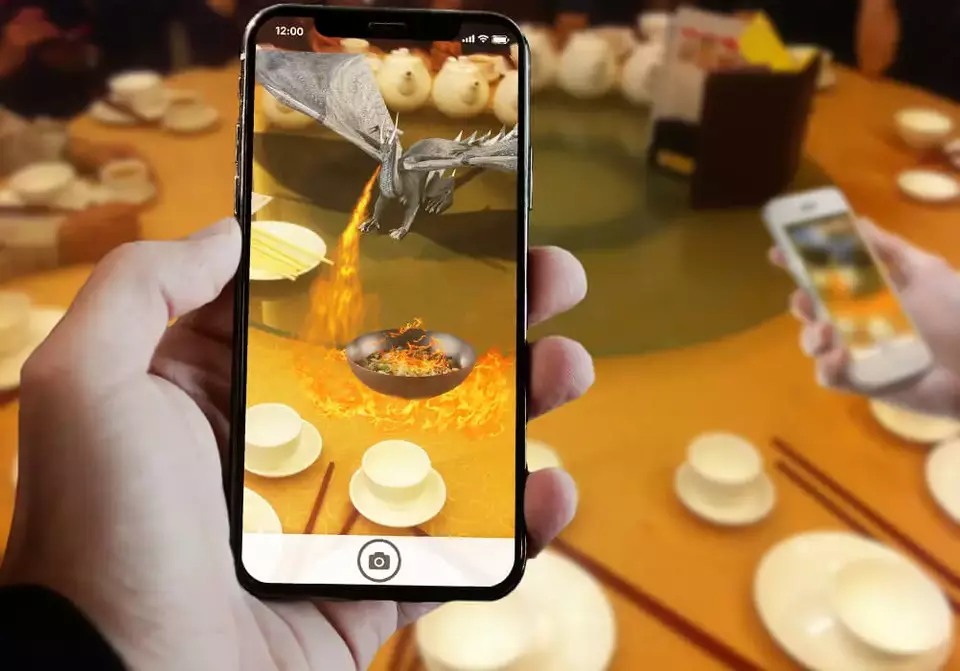
AR-Assisted Navigation
The age-old challenge of navigating unfamiliar places is another area AR is set to revolutionize. Traditional maps and text directions will become a thing of the past. AR-assisted navigation will superimpose routes and directions over the real world, guiding you seamlessly to your destination.
Additionally, AR navigation applications will be able to provide real-time information about places of interest along your route. You’ll be able to discover local hidden gems and off-the-beaten-path attractions, enhancing your exploration and discovery during your travels.
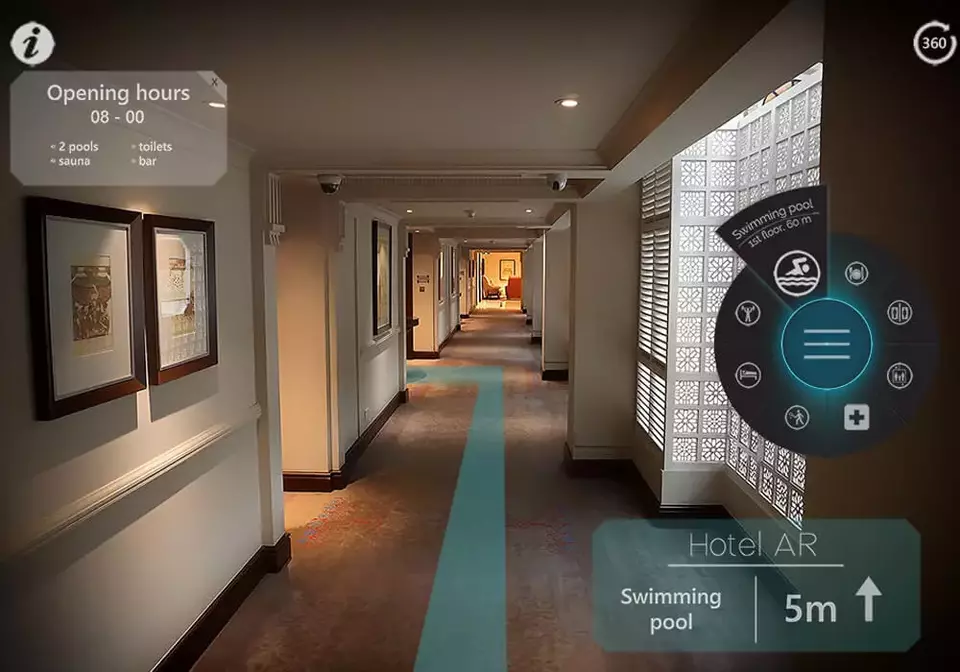
Instant Translation and Cultural Learning
Language barriers have long been a challenge for international travelers. With AR, these barriers are likely to become less daunting. Real-time translation of street signs, menus, and other foreign text will become possible with the use of AR glasses or smartphone apps.
Beyond mere translation, AR could provide insights into local customs, traditions, and etiquette, acting as a cultural tutor. This will not only help travelers avoid cultural faux pas but will also foster a deeper understanding and appreciation of the places they visit.
Virtual Travel Experiences
The future with AR may also see the dawn of comprehensive virtual travel experiences. These experiences could allow you to explore international cities, visit museums, and marvel at landmarks from the comfort of your own home.
While this doesn’t replace the thrill of actual travel, it can be a boon for those who are unable to travel due to health, time, cost, or other restrictions. It also allows potential travelers to preview their planned journey, helping them decide on their itinerary.
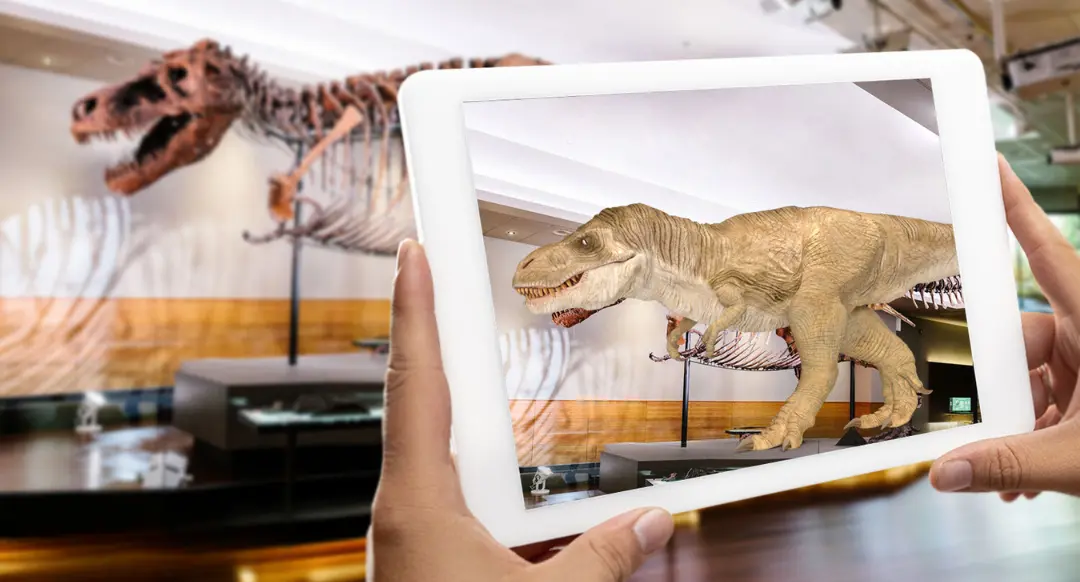
Environmental and Sustainable Traveling
AR has a crucial role to play in promoting sustainable tourism. Certain historic sites suffer from the physical impact of overwhelming tourist footfall. With AR, visitors can explore these sites in detail without contributing to the wear-and-tear.
Moreover, AR can depict the effects of climate change on popular travel destinations. This visual representation could encourage more responsible travel behavior, leading to increased awareness and efforts towards environmental preservation.
Conclusion
Augmented Reality technology is set to transform the landscape of travel, making it more immersive, educational, and accessible. It allows us to enhance our understanding and enjoyment of the places we visit while fostering respect for our shared global heritage.
As we look towards the future, we stand on the cusp of a revolution in travel experiences, courtesy of AR. The journey promises to be as exciting as the destinations it will uncover, and we can’t wait to see the world through the lens of Augmented Reality.

